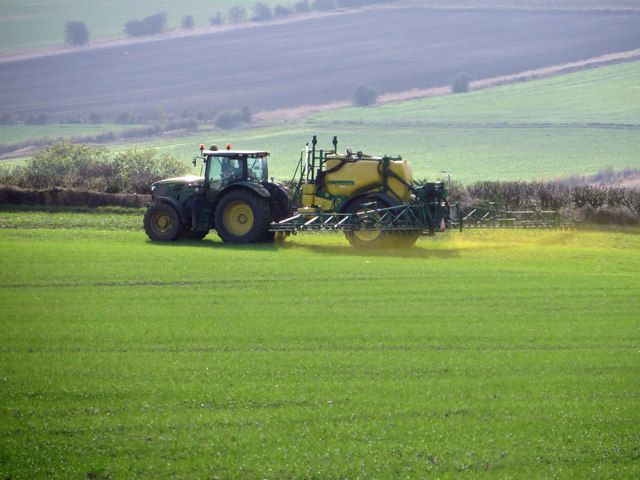Weeds and fungal infections resistant to spraying have become a major headache for farmers.
Research from Aarhus University has shown that up to one third of certain varieties of weeds are now resistant to the most common forms of pesticide, and some of them have become immune so quickly, it has taken researchers by surprise.
The situation is worst among crops such as winter wheat, which is sown in the autumn. A senior researcher, Lise Nistrup Jørgensen, estimates the most widely-used fungicides have lost 30-40 percent of their effect, Ingeniøren reports.
READ ALSO: Antibiotic-resistant bacteria found in Danish horses
With this in mind, a political agreement has been made that raises the amounts of some chemicals that can be used – as long as they do not cause cancer. At the same time, the regulation stating that products must not seep into the groundwater quicker than six months after use has been removed.
More strings to their bow
The idea is that if farmers have a number of different chemicals at their disposal, they can better vary them and, that way, ensure that weeds and fungi do not become resistant.
Today, the Environmental Protection Agency (Miljøstyrelsen) has approved 158 active ingredients in pesticides, whilst Germany has approved 264. The agency expects that the new regulations will make it possible to approve five new active ingredients, three anti-fungal chemicals and two weed-killers.
It doesn’t always work
However, experience from England has shown there are now a number of chemicals that are completely useless in combating the most common fungal infections and grass types. Here, although farmers have many more varieties of spray at their disposal, this strategy has not helped.
The Danish society for nature conservation, Danmarks Naturfredningsforening, as well as the political parties Enhedslisten and Alternativet, are unhappy with the idea of allowing more chemical residue in our drinking water.
“When agriculture is hit by a resistance problem, then it is bad farm management. You aren’t able to solve it by approving more spraying agents. Allowing more chemical residue in our drinking water is a slippery slope,” said Ella Maria Bisschop-Larsen, the president of the conservation society.
The water company organisation Danva agrees with her. “People don’t want to drink chemical residue, even though they are told that it is harmless,” added a senior consultant, Claus Vangsgaard.













